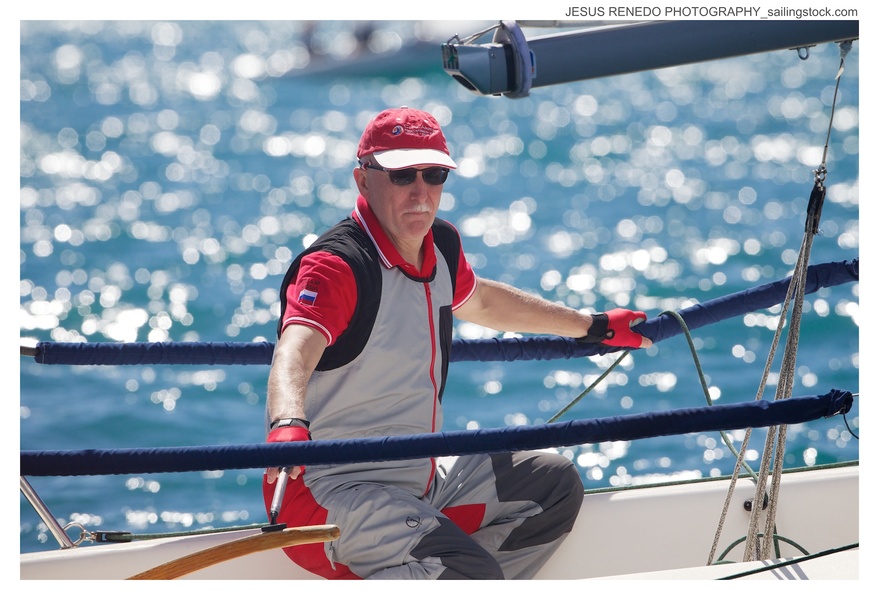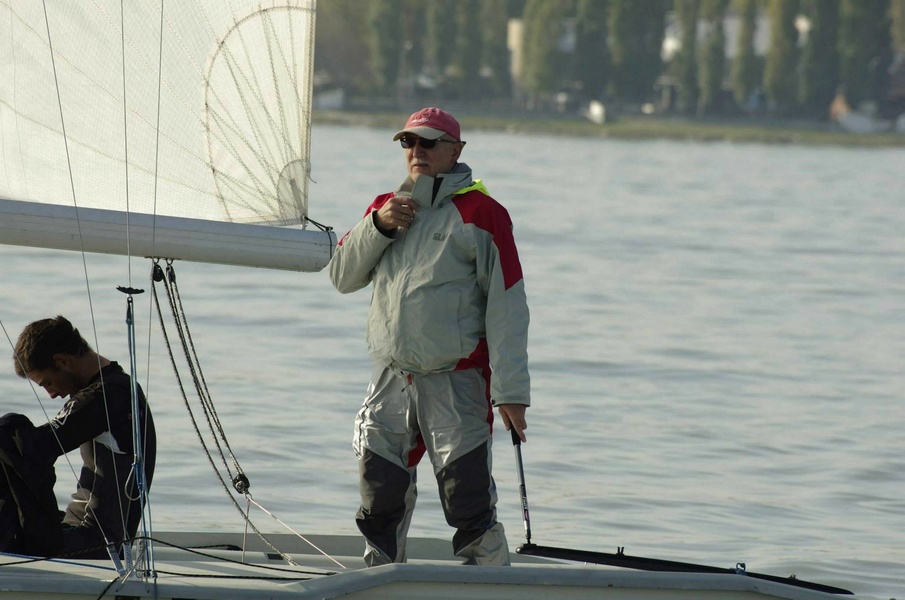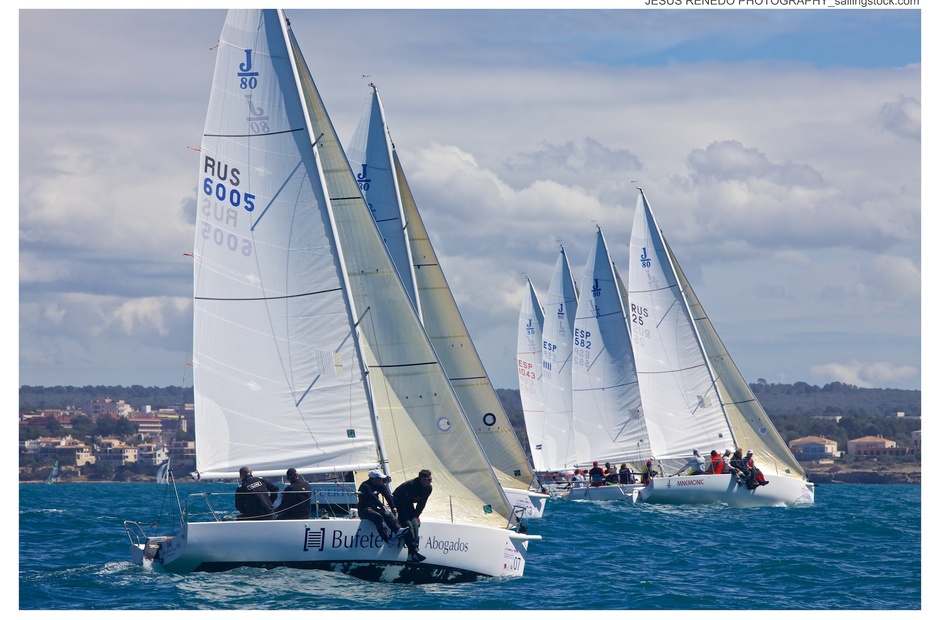In December last year Vladimir Silkin was elected as the new President of the All-Union All-Union Front for the Civil Defense. Last week we met with Vladimir Nikolaevich to sum up the first results of his work in the new position.
- Your first year as president of the WFTU is coming to an end. What has been done during this time?
We had two big tasks ahead of us. The first was internal. Roughly speaking, to put things in order, to build a system for our departments, an accounting system.
For example, we are now finalizing a major work on the preparation of a centralized library of estimates. We have counted virtually all possible Russian, European and world competitions. Now we have a picture of all cost items, both in terms of holding and participating in competitions.
So now we can, first of all, effectively form the budgets of youth or Olympic national teams with limited resources. Secondly, we can optimize the logistics of movement. Third, it is public history, when no one can hide anything, everyone will understand how much it costs. And, fourthly, all this will free the national team coaches from their unusual function, namely, hotel search, ticket booking and other household issues. Coaches can concentrate on the main thing - actually, the training process.
The second important thing was thinking about the Federation's place in sailing. What the WFTU should do, which nobody else does.
We reformatted the competition calendar, made it three-level. There used to be 150 competitions, it's impossible to organize everything equally well.
The rebranding of the Federation is in full swing, it is already at the final stage. We will position the WFPSU as a modern sport, attractive to sponsors. organization.
In general, it was a year of comprehension of tasks, building the system of work of the Federation itself. We have adopted several global programs, for example, the program «Point of Growth».
- Tell me more about it.
For more than four years the WFTU has had a «1+1»programme, when the Federation bought one «Optimist» boat at its own expense, in addition to every such boat bought by private yacht clubs in the field. In the end, she gave about 1000 «Optimists» - but for the whole of Russia, of course, it is still not enough. Well, we distributed these boats, got them, for example, some region: they bought two, we gave two more, in the end 4 «Optimists». But there is no further development, as there is no history and no coaching school in this particular place.
Therefore, we have reformatted this program.
Growth Points are regional centres with historic yacht clubs, infrastructure and strong coaching staff. These are those who want and can develop sailing.
At the first stage we want to have about 10 such points. We want to concentrate on them so that we can have a large fleet, including a charter fleet, so that there are coaches, so that there is a school. And, accordingly, we will hold the main competitions there.
- These «dots» - have they already been selected?
They have not been selected yet, but there are already applications. We have a good historical yacht-club «7 feet» in Vladivostok. We have the St. Petersburg Yacht Club, we have the yacht club in Taganrog, we have Sochi. There is an application from Ekaterinburg now, Tatarstan is very keen, Kaliningrad and Togliatti are very keen. The new one is Konakovo on the Volga.
- What does the program give to the yacht clubs that are involved in it?
First, we bring competitions there. It's already a lot. We're providing equity financing. Then, together with our partners, by holding such big competitions regularly, we can form a common pool of sponsors.
- - The program «1+1» was first of all aimed at children's sailing, and now, it turns out, you take wider?
The main priority, of course, is still children's and youth sports.
We understand that without a fleet of «Optimists», «Zumov», 420s, «Cadetov» it is impossible to talk about the future.
It is now important for us to have at least 50-100 «Optimists»at each growth point. Plus all the infrastructure to run the competition. Plus child coaches.
Besides, of course, we consider growth points not only for children's sports. We understand the importance of having a charter fleet for adults. A lot of vital people, especially from business, who have never sailed as children, but are eager to sail. We just see it from the dynamics, it's colossal.
It's not the «Optimists», it's not the Olympic class?
There is a format very good for inland waters - national class «EmKa». With weak winds gives good speed and drive. There are keel yachts, SB20 or GP26.
Of course, we in business models assume that there should be a fleet - 10 boats to start with - such an amateur format so that there could be corporate or amateur regional regattas. There is an idea to make a stage cup for the weekend so that people could spend three days chasing in Taganrog during the summer, three days in Togliatti, three days in Peter for example. That is he will visit the best yachting places in Russia during summer. This is no worse than Croatia or Mallorca.
- Do you help shape this charter fleet, too?
Of course, we won't buy it with our money. The whole thing. We may find a format to either partially fund it or we may help form a sponsorship program.
- Apart «from Growth»Points, what other priorities do you see in WFTU activities?
First, it's the administration of the competition calendar. The whole calendar is formed by the Federation. Next, we make sure that the regattas in our calendar comply with all ISAF rules. At the end of these races, sporting events are awarded. It is very important for us that these regattas are of high quality.
Secondly, the issues of training and obtaining relevant documents. It is also the prerogative of the Federation, we are now streamlining this system so that the «rights» are not bought, so that untrained people do not go out sailing and do not get into accidents.
Thirdly, we are working with legislation in terms of customs regulations, importing sailing boats. This is disclosure of inland water resources to open up tourism. It is important for us to develop our yachting infrastructure. And what is that? These are yacht clubs.
Yacht clubs will develop and sail when it is profitable. To be profitable, there have to be tourists.
Fourthly, the main task of the Federation is to popularize sailing. We are now thinking about which ideas to generate or use tools to get the maximum financial leverage. By spending a limited amount of money as much as possible to bring people into sailing. Any fool would do with money, but without money or with a limited amount of money, you have to think creatively.
For example, we are currently working on a new WFTU website. We want to make it more advanced, so that people will turn to it more often. To make it a reference point for everything about sailing. We're collecting a clip of authors who write for us all the time. It's important to us that they don't just describe competitions, but start talking about faces. Living stories about people are always interesting. We want to move on to professional coverage of people and their successes, so that everyone who reads these materials, wanted to imitate them and came to sail.

- - For several years, work was carried out on legislation allowing entry into inland waters under foreign flags. It's all open, it works. At the same time, there was work on the abolition of duties for sports vessels. As far as I understand, this decision has not yet been made. What's in the way?
The decision was not made due to the fact that the Ministry of Industry wants to get the consent of some Russian manufacturers to zero duties for boats up to 9 meters. On the one hand, we understand very well that no manufacturer wants to compete on equal terms, but wants to have a certain preference.
On the other hand, I think that this is an absolutely wrong position. First of all, we do not have a sufficient number of manufacturers who can meet the domestic demand. And secondly, we have to create a normal competition, and then even those producers who are able to improve the quality of their products.
We are actively engaged in this work, we participate in all negotiations and meetings, and we really hope that we can convince our colleagues that we should abolish these duties. I hope that this will happen in 2014.
- - Let's talk about the Olympic sails. How are the preparations for the Olympic Games 2016 in Rio de Janeiro going, what are the overall priorities?
(Sighs) The priorities are very simple for now. In September next year will be the ISAF World Championships in Olympic class in Santander. Of course, we need to get the maximum number of licenses in order to participate in OI.
So the tactical task for us is Santander, the strategic task is the 2016 Olympics and the youth national team.
We made a big program, it's called «the Youth Team 2020».
We have planned for the seventh year both financially and methodologically, how to prepare the national team
The program will be launched this year. It is based on the fact that for the Olympic national team we should have two main bases. So far, this base in Sochi is very good from the point of view of scientific, rehabilitation, rehabilitation. But not in terms of training in winter. And there are problems with the wind. So we should have another one in Europe. Now we are looking for it. She has two goals to fulfill. One, she has to let us train all year round. The second one is our own logistics center, where we must have our own mattress, so that we don't have to carry 2-3 thousand kilometers of boats from Russia, to Cascais or La Rochelle.
This will be our second home, which will allow us to optimize costs.
The place is not yet chosen, we are looking at the southern countries, where the heat is Spain or Italy.
In the long term, we also very much want to rebuild the base in Anapa. In terms of wind characteristics, it is the best. Many champions have grown out of it. We have decided on a plot of land on which to build a sailing center, and now we very much hope that the Ministry of Sport will still decide to include this project in the investment program. If we build it, we will have our own base in our country even in winter time, which will allow to train all year round.
- Let's move on to professional sailing, competitions such as the Cup of «America», Volvo Ocean Race. Did you, by the way, follow the past KA?
Of course you did. I was very worried about the New Zealanders.
- You're not alone here, the whole sailing world was worried about them. Does the Federation have any plans for competitions of this level?
I can say that we support our professional teams. What do you mean we support? Not financially, of course. There is a certain conflict of interest between the Olympic team and professional
teams, because the teams include the national team members. But we told them unequivocally that we are ready to discuss some format that would give synergy for both the OS and professional teams. This is on the one hand.
On the other hand, it is very important for us that the guys who have been involved in the youth team, in the Olympic team since childhood, so that they understand: having worked and spent a huge amount of time and energy on the national team, after that they do not go «anywhere».
They can join teams and race already professionally, can live sailing, support their families.
Together with the Saint-Petersburg Yacht Club and «Gazprom», we are currently working on a project for a professional youth team
in RC44 class. We will participate in the selection process so that the guys from the Olympic team could find themselves there.
As for bringing professional competitions of at least Extreme 40 level or the same RC44 to Russia, we think about it. But there is a problem. For example, Extreme 40 is a product that is made for commercial purposes, and its organizers set very strict conditions.
They say you'll pay us for the «tour», plus all the revenue from our sponsors. And you get the tourists.
But to get tourists for the city, you need to form a layer of people who are interested in it.
If you take the final VOR, which was in St. Petersburg, it showed that the event is interesting, but unfortunately, it did not give the effect that was expected of it. We still have to educate the audience.
I am convinced that if we spend a year or two and get our people used to such spectacles, then after a while we can bring here an Extreme 40 or another similar event.
And, for example, in RC44 class there are excellent races, ingeniously thought-out boat, large representation of Russian teams - as much as 5 out of 15 participating syndicates, and the organizers themselves want the Russian stage, but here interferes our bureaucratic machine, with which it is very difficult to work and coordinate such projects without direct instructions from above. In any case, we will continue this work and hope to please the fans of the Russian sails in the near future.
- At the other pole of professional sports is the amateur. In recent years we have seen an almost boom in sailing, not even sports, but perhaps cruise yachting, sailing lifestyle and relaxation. In Croatia, Turkey, Greece, throughout the Mediterranean Sea every week there are Russian regattas or flotillas. Obviously, it all grows
and happens. Nevertheless, what role do you see for the WFTU in this?
Obviously, these are private regattas. But it is also clear that all this is very important to us. We can have permanent partners here, whom we support in terms of information and methodology.
What's the sin to conceal, many so-called business regattas, turn just into drunkenness. Serious people don't need it anymore.
It's important to him that he comes, that he chases, that these races are by the rules. That he wins fair, or loses fair. So he can get athletic, learn, get some drive.
We are now thinking about having a series of races that our partners will be running. We'll support them, and they'll meet
Federation
requirements
. ISAF rules, normal judging.This is the format we see both in Russia and abroad. We will say that here you will definitely get the drive from the sports component.
People want a healthy lifestyle, healthy sports and satisfaction from winning.
- - One last question, personal. What are you chasing yourself?
-
Used to race the Dragon. Now in Moscow, I'm chasing Emka. Because, in terms of speed - this is the best boat in a closed region, on a lake where there are no strong winds. And when there are strong winds, there's enough drive.

Now I'm also mastering a new format, Melges 20. I was recently chasing in Sardinia, Monaco the other day. According to the rules of the class, there should be an amateur on the rudder, but the boat is very high-tech, with such weapons that the crazy speed develops, very extreme. And sometimes I go out on a J/80.
I participate in regattas where there is sporting interest. The biggest personal achievement so far has been the 4th place at the Dragon World Cup.
- Thank you and success in implementing all plans!










